Artificial meat, robot taxis: Top 6 major technological failures in 2023
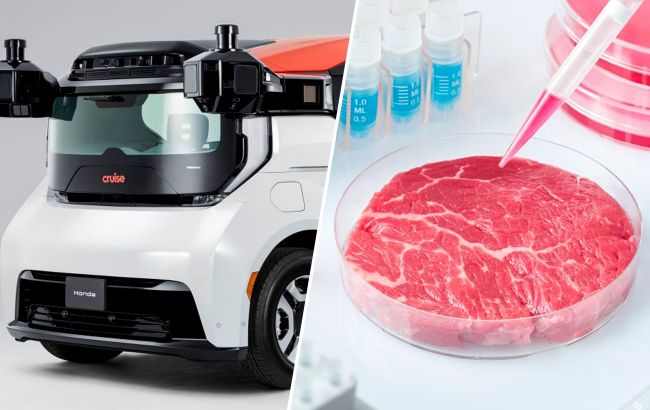 6 biggest technological failures in 2023 (Photo: Collage RBC-Ukraine)
6 biggest technological failures in 2023 (Photo: Collage RBC-Ukraine)
In 2023, there were bright technological trends like the rapid development of artificial intelligence and drones and notable, sometimes tragic, technological failures, according to the MIT Technology Review.
The submersible Titan
The OceanGate's submersible Titan, headed for the wreckage of the Titanic, collapsed under pressure. Five people, including Stockton Rush, the founder of OceanGate, died due to the implosion of the submersible.
The investigation by the media revealed insufficient preparation and funding issues in the OceanGate startup project. After the catastrophe, the company suspended all expeditions and commercial operations.
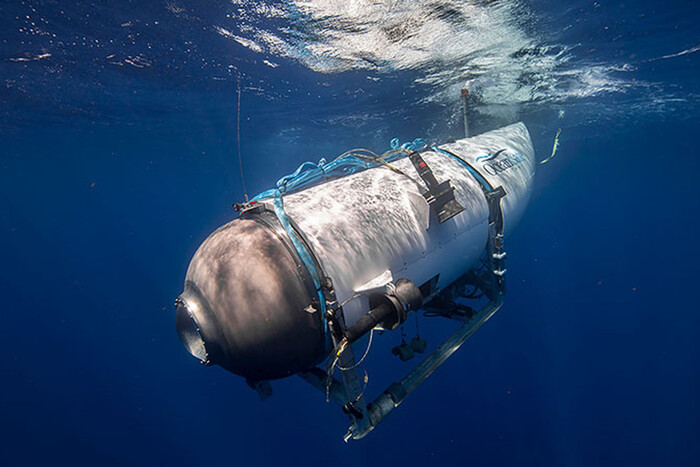
The OceanGate's submersible Titan (photo: Wikipedia)
Lab-grown meat
Upside Foods, a startup that raised $500 million in investments for developing lab-grown chicken meat, faced challenges. Initially planning mass production, the company revealed that it did not apply to "whole-muscle" fillets.
Upside Foods essentially grew chicken skin cells in laboratory flasks, then pressed them into the shape of chicken, requiring significant labor and resources. The final production cost turned out to be tens of times higher than the cost of real meat. However, the company's leadership remains hopeful for future technological breakthroughs.
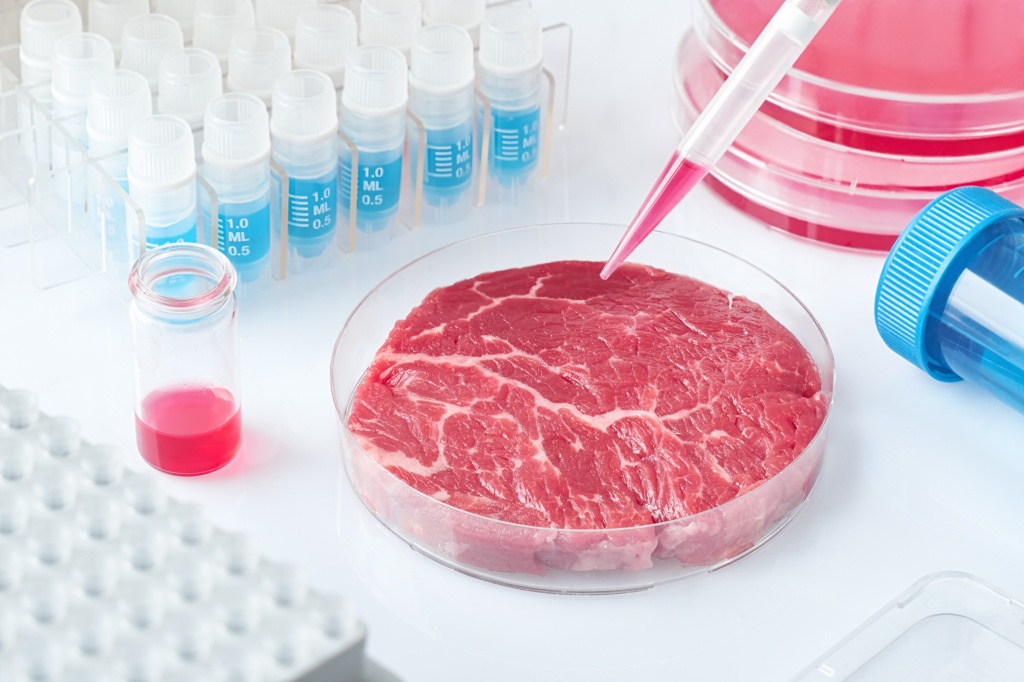
Meat grown in a laboratory (photo: BBC)
Cruise's robotaxis
GM's Cruise became the first company to provide autonomous taxi services in San Francisco. However, after several accidents injuring pedestrians, the California Department of Motor Vehicles suspended Cruise's operations, citing an unjustified risk to public safety.
The company has already implemented workforce reductions by 25% (900 people) and temporarily stopped servicing autonomous vehicles.
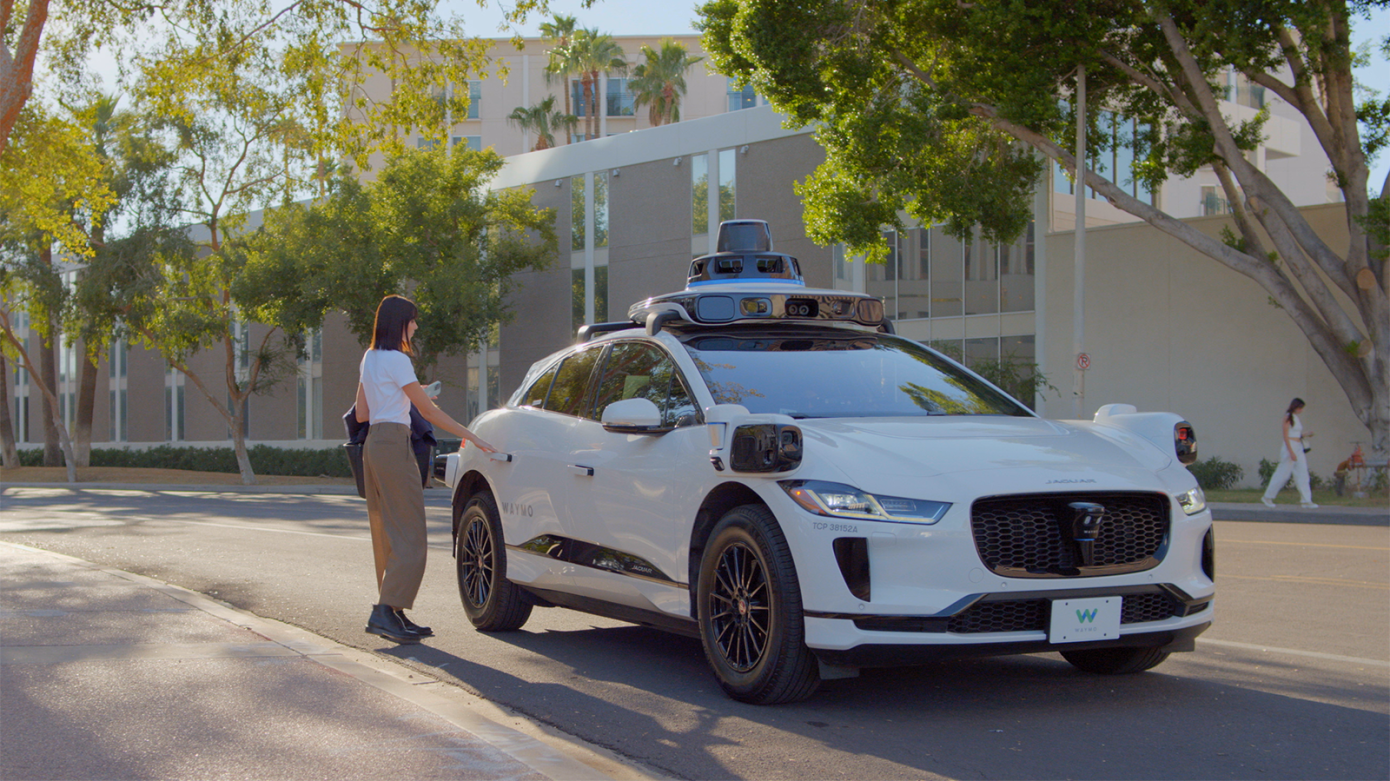
Robotaxi Cruise (photo: ITC)
Humane "AI Pin"
The Humane AI Pin, a $699 device without a display, attaches to various surfaces using a magnet. It is equipped with a Snapdragon processor, voice control, gestures, and a small built-in projector.
The device is intended to free users from dependence on mobile phones. However, critics argue that the development is inconvenient to use, as voice and gesture control may not be simpler than conventional smartphone interaction.
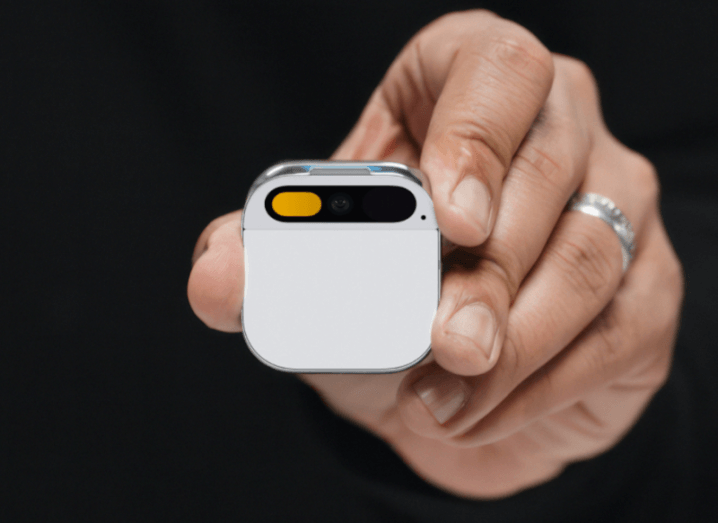
Humane AI Pin (photo: The Verge)
High-temperature superconductor
In August, a group of scientists from South Korea presented the LK-99 superconductor capable of working at high temperatures. Despite initially being considered a breakthrough, physicists from different countries presented experiments refuting the possibility of a material with the specified properties.
The results of the experiments were summarized by researchers from the Center for Theory of Condensed Matter at the University of Maryland: "With a large degree of probability, we believe the game is over. LK-99 is not a superconductor, even at room temperature (or at very low temperatures)."
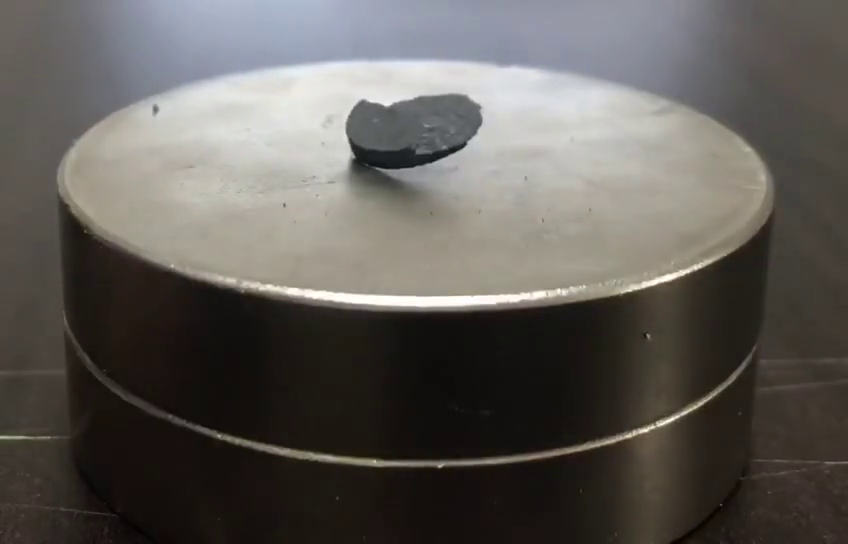
LK-99 (photo: Wikipedia)
Meteorological balloons
Make Sunsets, a Mexican company launched meteorological balloons carrying sulfur dioxide to the stratosphere, where it was released. The idea was to use this method to cool the Earth, but the startup faced criticism for inadequate preparation and lack of coordination of the experiment with the scientific community.
In response, the head of the company, Luke Aicmen, stated that he "does not intend to ask permission from every person in the world before trying to cool the Earth a bit."
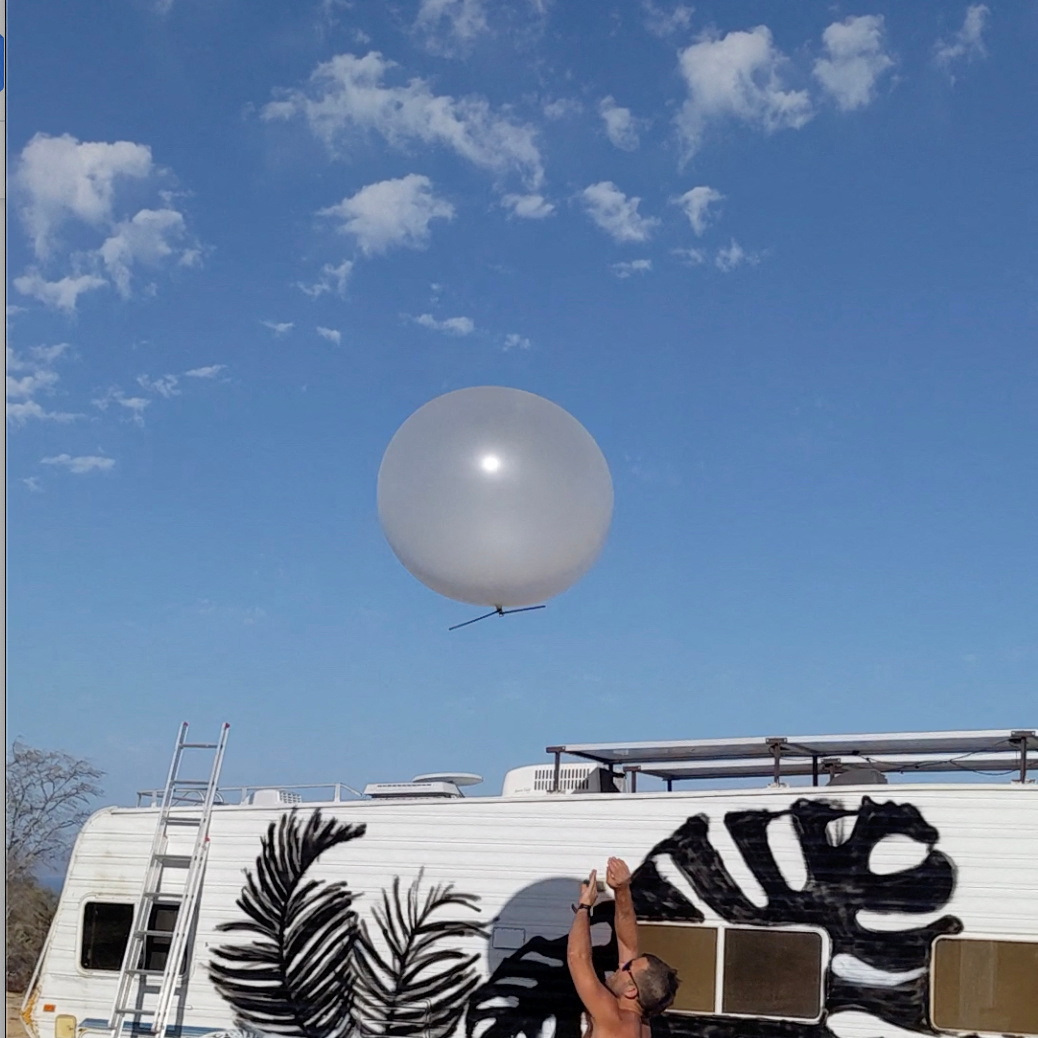
Make Sunsets weather balloon (photo: Wikipedia)

